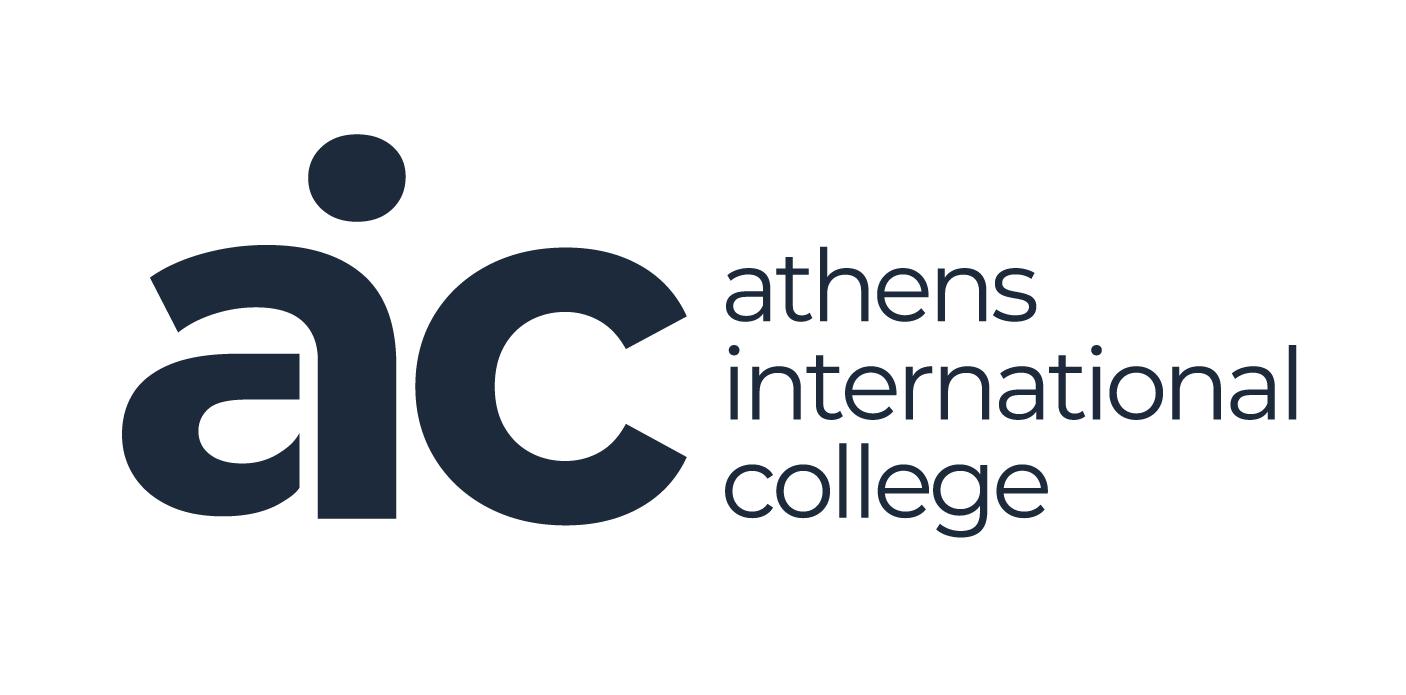RECOGNITION
The recognition of academic qualifications is IMMEDIATE and is carried out by ATEEN (Autonomous Department for the Implementation of European Legislation) at the Ministry of Education.
Athens International College graduates, unlike in other cases, are not required to take written exams in any subject or any other test. This is because the curricula of the collaborating universities do not have substantial differences in subjects or subject matter, nor are there missing years of study and credits with the corresponding programs of our country's universities (four-year studies, as provided for by law 4093/12).
Law 4635/2019, articles 168-170, published in the Official Gazette 167 Issue A on 30/10/19, regulates issues of recognition of the professional equivalence of the degrees of college graduates and confirms the recognition of the professional qualifications of holders of degrees, which are awarded by foreign universities, both Bachelor (at least 3 years of study), and Master. According to the aforementioned law, holders of the degrees of graduates of Athens International College are professionally assimilated to graduates of Greek universities.
THE BENEFITS
The recognition of professional equivalence of a formal higher education qualification from a member state of the European Union or a third country, with that awarded within the framework of the educational system in Greece, provides the beneficiary with the opportunity
- to gain access in Greece and to exercise a specific economic activity as an employee or self-employed person under the same conditions and terms as holders of comparable qualifications in the domestic educational system
- to apply for positions as a graduate of a Higher School in the Public Sector (ASEP University Education competitions)
- to be awarded points in the Public Sector
- to apply for a relevant promotion or salary upgrade
- to participate in programs of DYPA or other Organizations
- in general to have all the employment rights that graduates of Greek Universities have.


